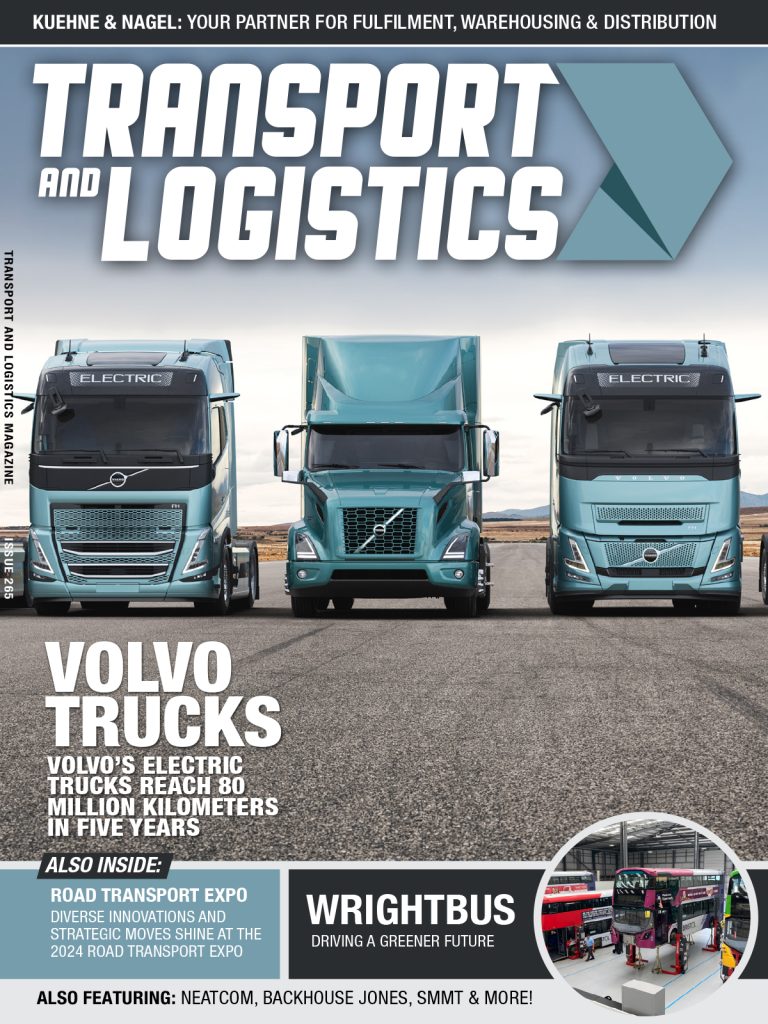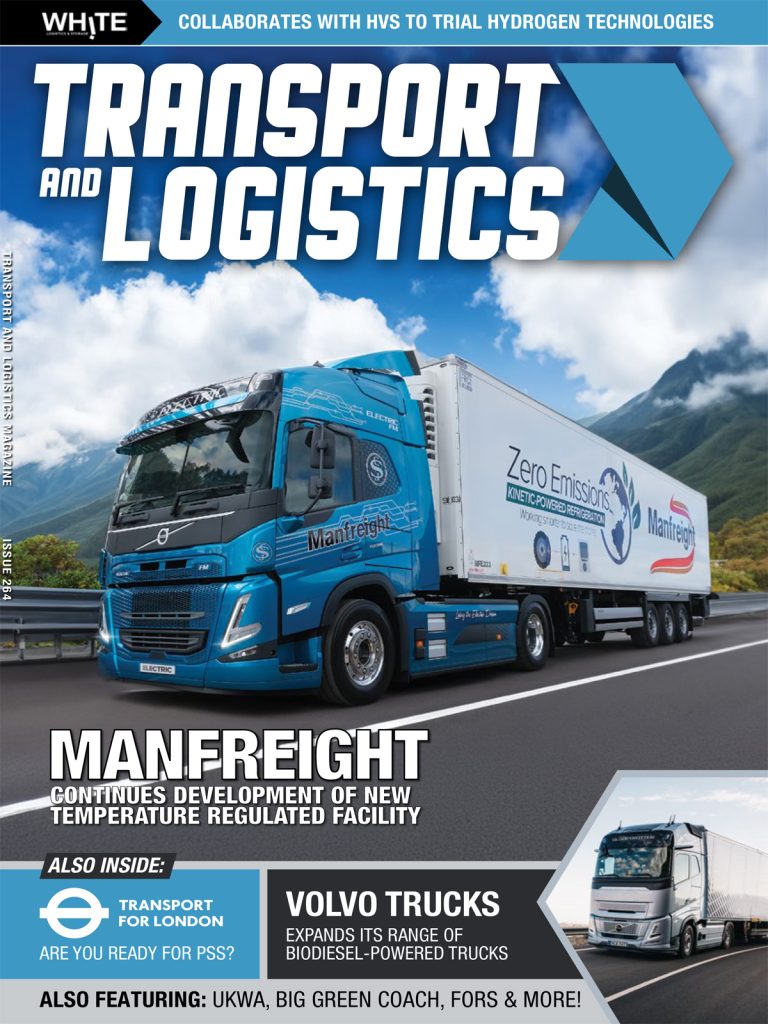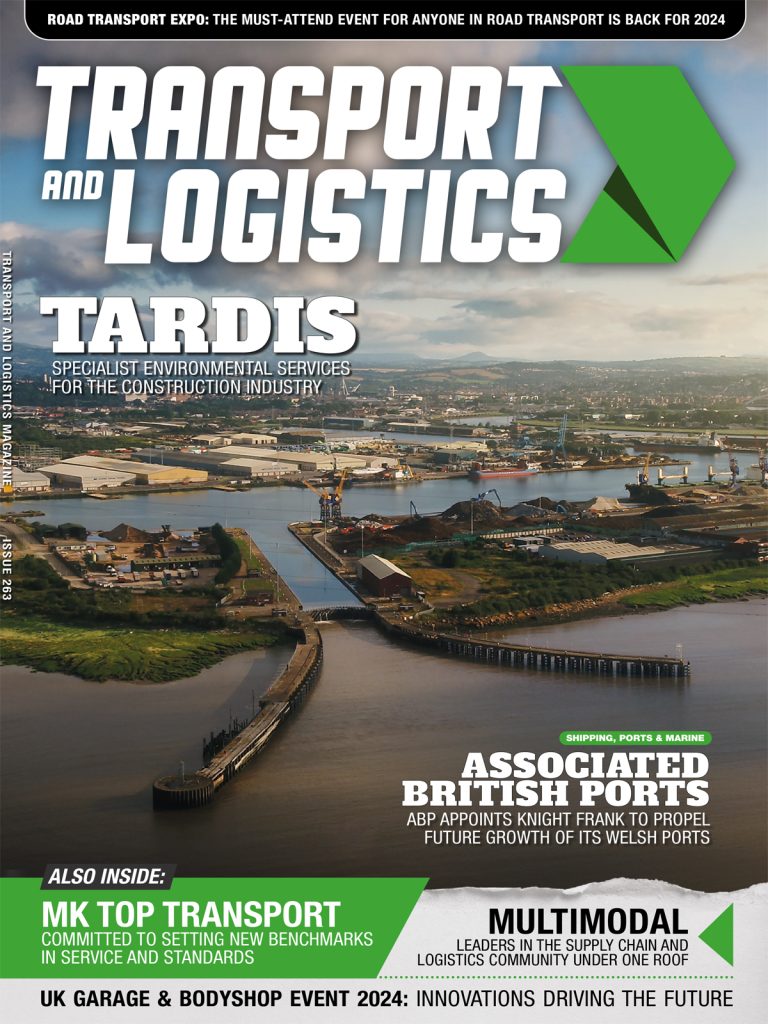Gridlock Britain: Traffic Congestion Costs UK Households £4.4 Billion
Study from Big Data Company INRIX and the Centre for Economics and Business
Research Reveals Gridlock Costs Each UK Household £498 a Year
Today, INRIX, the leading global provider of traffic information and driver services, revealed results from its study with the Centre for Economics and Business Research (Cebr) into the economic cost of congestion and its environmental impact in the UK. The study found that the total annual1 cost of traffic gridlock to car commuting households in the UK’s 18 largest urban zones2 was a staggering £4.4 billion. In both direct and indirect costs the annual cost of congestion per UK household was £498.
“Millions commute to work by car every day and these findings expose the significant economic impact gridlock is having on the UK economy,” said Matt Simmons, European director, INRIX. “Congestion is reducing productivity, leaving commuters with higher bills and less time, as well as damaging the environment. With debates around HS2 and the UK’s transport infrastructure, it is time to take action. By utilising ‘big data’ to make sense of traffic intelligence on vehicle movement, bottlenecks and congestion, Britain can address the challenges facing its road network and the millions that depend upon it.”
The Impact of Congestion in the UK
In the UK, more than 70 percent of the workforce commutes to work by car during peak times, with the average British driver spending 40 hours stuck in gridlock annually. This congestion has both a direct and indirect impact on car commuting households. The time3 spent idling in traffic rather than being productive at work, as well as the fuel burned can weigh heavily on the driver’s wallet. Indirectly, higher freighting and business fees as a result of company vehicles being stuck in traffic can pass on additional costs to household bills.4
UK Cost of Congestion Total: £4.4 billion
£441 million – direct cost of fuel wasted
£2.79 billion – direct cost of commuter time wasted in traffic
£1.19 billion – indirect cost to household bills
Per Household Cost of Congestion in UK: £498
£53 – direct cost of fuel wasted
£337 – direct cost of commuter time wasted in traffic
£108 – indirect cost to household bills
The Impact of Congestion in London
Londoners spend more than 80 hours each year idling in traffic, double the UK average of time spent in traffic jams outside of the capital. Although less than a third of Londoners commute to work by car, the cost of living and value of time for the capital’s 1.4 million car commuters is at such a premium that London drivers incur £2 billion from direct and indirect costs, such as wasted time and fuel, to the tune of £1,243 per car commuting household.
London Cost of Congestion Total: £2 billion
£151 million – direct cost of fuel wasted
£1.33 billion – direct cost of commuter time wasted in traffic
£617 million – indirect cost to household bills
Per Household Cost of Congestion in London: £1,243
£108 – direct cost of fuel wasted
£946 – direct cost of commuter time wasted in traffic
£189 – indirect cost to household bills
Environmental Impact of Congestion
The cost of congestion is not purely economic either; the study reveals that every year vehicles idling in traffic in the UK, France and Germany release 1,894 kilotons of CO2, the equivalent to the carbon footprint of 120 thousand households in these countries and accrues to a total carbon cost of £106 million per year. This equates to the carbon footprint released by the manufacture of £5.7 billion worth of goods by manufacturers from these countries. Offsetting this pollution would require planting 189 million broad leaf trees covering 767 thousand square meters, equivalent to an area half the size of Greater London.
“These findings demonstrate a clear economic and environmental case for the UK to harness the use of traffic data to plan, manage and tackle the problem of congestion, which is not only putting pressure on individual households who are struggling to make ends meet, but also costing billions to the economy,” said Simmons. “Looking at these challenges in a more intelligent way to tackle the issue of congestion could help trigger growth in the UK economy by enabling increased productivity, as well as improve the lives of millions of commuters who will be able to save money and spend less time stuck in traffic.”
For a copy of the full study please email info@inrix.com.













